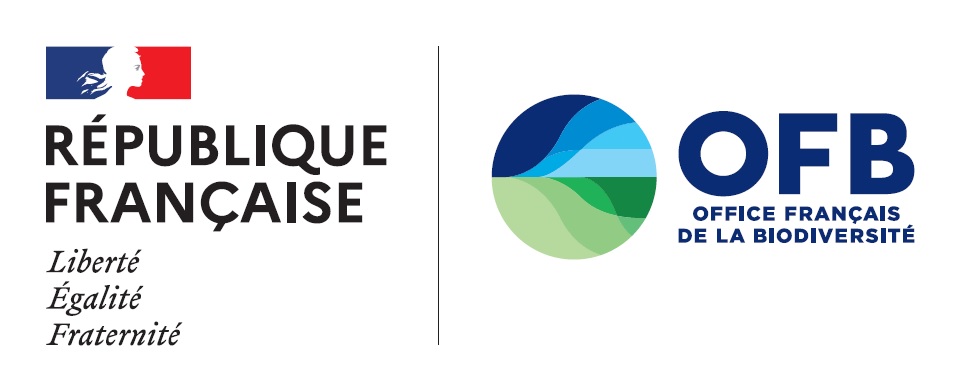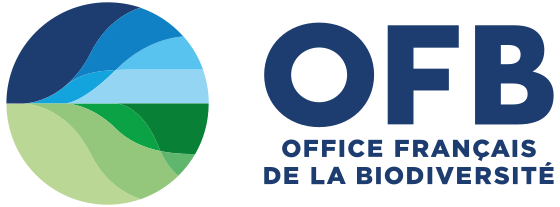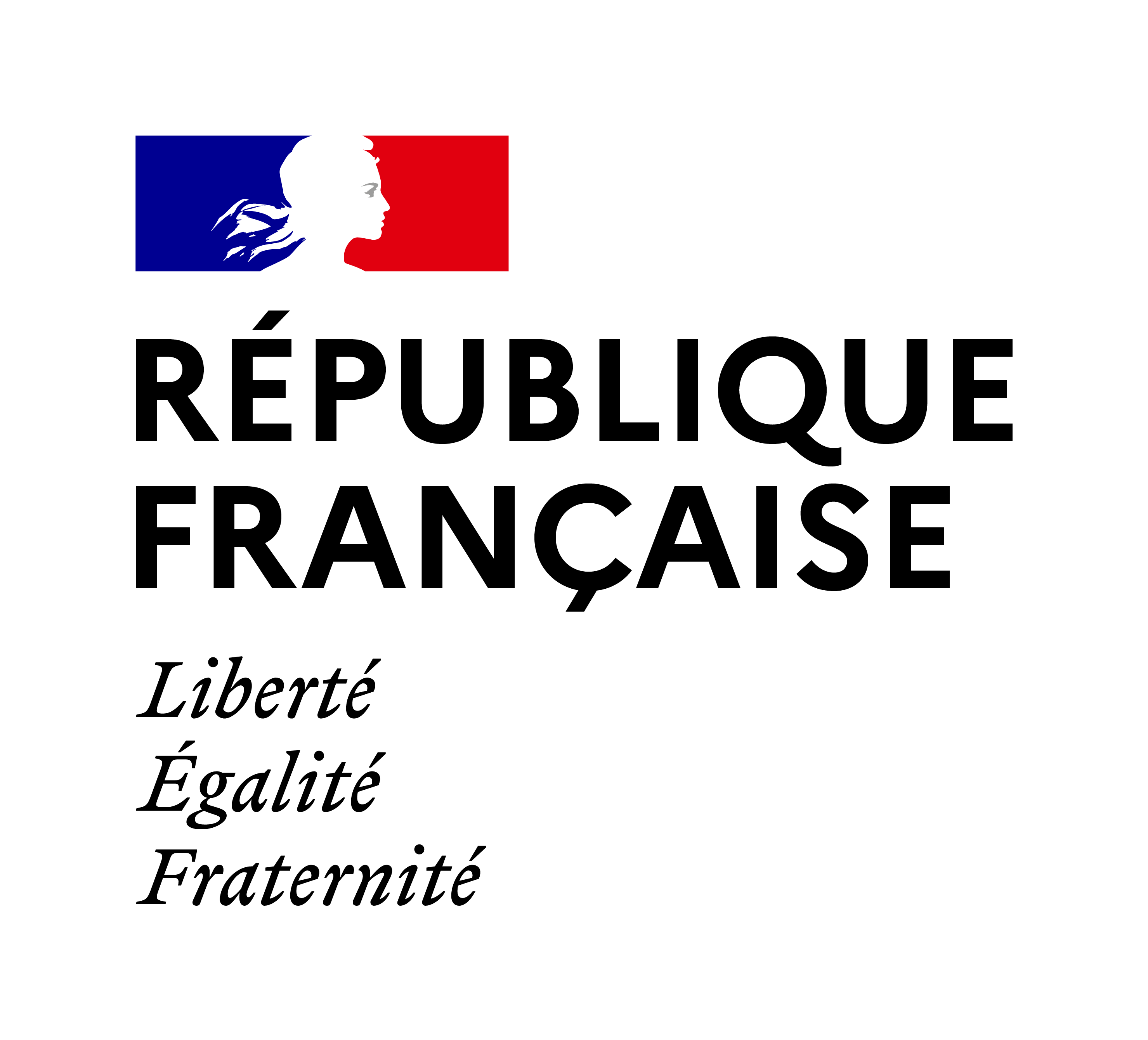Note / data sheet (including project management reports)
The importance of the science-policy interface for water and climate - n°30 | Meetings | March 2015
The purpose of the event, a forerunner to the 7th World water forum and the Paris-Climat 2015 meeting (COP21), was to facilitate discussions between scientists and elected officials on the topic of water and climate change in view of jointly laying the groundwork for future improvements in the science-policy interface. These discussions are essential in order to transform scientific knowledge into actual water planning and management policy.

Reinforcing coproduction and brokering of research, development and innovation results for water and aquatic environments - n°32 | Meetings | June 2015
How can operational needs be identified in order to steer RDI (research, development, innovation) policy toward the scientific and technical developments most useful for water managers? What forms of coproduction must be implemented to ensure that the intended persons can effectively use the results? And what transfer policy should be instituted so that the results are fully exploited?

River restoration and natural water retention measures - n°33 | Meetings | September 2015
Natural water retention measures as well as aquatic ecosystems’ restoration and preservation provide means to achieve good water status as required by the Water Framework Directive (WFD). In order to make progress on that topic, the workshop aimed to promote a better integration of European directives and policies through river restoration and natural water retention measures.

Accompanying implementation of French ecological networks dans les territoires - n°35 | Meetings | October 2015
The meeting, with an array of speakers, enabled researchers, elected officials, local governments, State services, developers, managers of natural areas and associations to trade thoughts on the issues, techniques and measures involved in promoting biodiversity and ecological continuity. The operational phase in network implementation has raised a number of questions.

Head water streams, a critical issue for water resources - n°36 | Meetings | December 2015
The participants brought together for the “Head water streams – How to reconcile the issues affecting these exceptional territories?” symposium took part in interesting debates on the issues, knowledge and actions undertaken in these territories. This symposium forms part of the actions of the 2014-2018 National Plan of action for Wetlands.

Constructed wetlands for domestic wastewater treatment under tropical climate. Guideline to design tropicalized systems | Guides and protocols | October 2017
This guideline is designed as a toolkit to support stakeholders and designers in the completion of constructed wetlands (CW) projects in tropical and equatorial climate zones.

Mapping techniques and hydrogeological models to characterise seawater intrusion in french coastal aquifers and asses the potential impact of sea-level rise | Knowledge for action | August 2013
Natural seawater intrusion, whether coupled with an anthropogenic influence or not, risks contaminating the freshwater contained in the underground reservoirs. This document presents, via examples, a number of tools that can be used to qualify seawater intrusion and the potential impact of a sea-level rise on salinity levels in coastal aquifers.

Contribution of stakeholder perceptions to managing aquatic environments | Knowledge for action | December 2014
Environmental managers work to promote, conserve and restore environments. However, any efforts toward rational management must be based on previously acquired knowledge on not only a given environment (e.g.what is an aquatic ecosystem and how does it function?), but also on the people and societies living nearby. This is because all environmental work takes place in a given cultural and social context. Management is therefore a question of knowledge and, above all, of the diversity of knowledge. But what is meant by knowledge on the environment?

Contributions of hydro-economic models to water management in France | Knowledge for action | March 2015
Economic analysis plays an increasingly important role in managing water resources and aquatic environments. Using concrete examples, this document shows how hydro-economic models can assist in dealing with three major problems confronting the managers of water resources.

Diffuse pollution and protection of water resources : territorial practices in the European Union | Knowledge for action | September 2016
Diffuse pollution is currently one of the major pressures on Europe’s water resources. To achieve the objectives of the water framework directive, the European Union member States must address this type of pollution. It is difficult to measure and control, notably due to the multitude of sources involved. An exchange of practices and experience on this issue, between numerous stakeholders from the various basin organisations of European and neighbouring non-European countries was organised in 2015.




